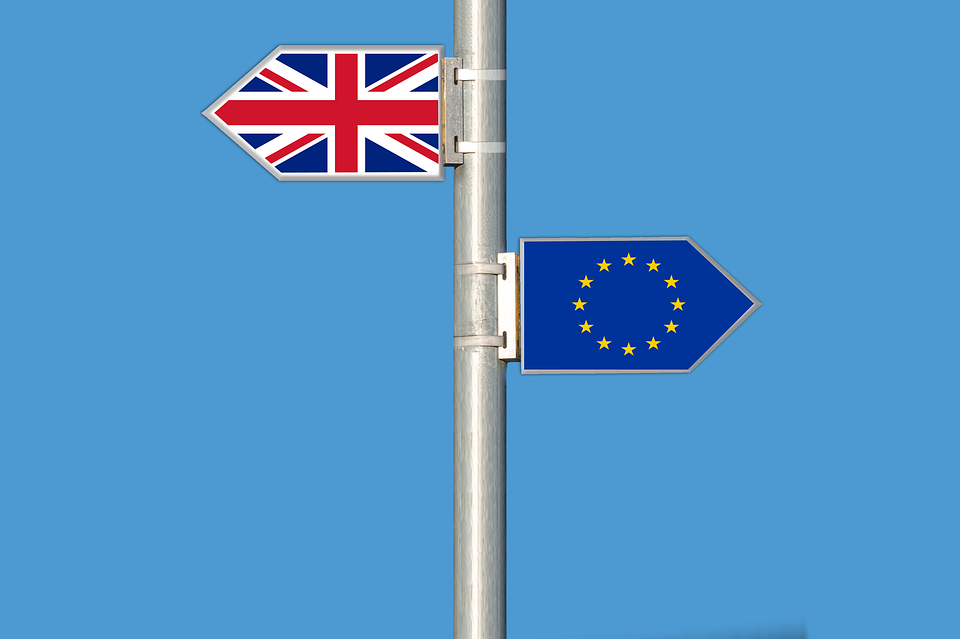With this strategy the British Fintech companies are trying to save the furniture before the arrival of Brexit, for which no agreement has been reached between both parties. This is already affecting the United Kingdom in various ways, especially in various sectors linked to technologies, and not only because of the future problems that will exist in doing cross-border business, but because the free flow of data will no longer exist.
Fintech works with its customers through digital media, so they could lose many customers within the EU, and are looking for solutions before it is too late.
The strategy being followed by firms such as Revolut bank is to follow the example of companies such as Google, which managed to obtain a license in Lithuania to operate as Fintech within the European Economic Area.
This popular firm had more than 3 million customers throughout Europe at the end of the year, many of them within the EU, so it has decided to ensure its ability to do business after Brexit, and has obtained the license it will need to operate from Lithuania.
For its part, this Baltic country, and specifically the Bank of Lithuania, is leading the trend to attract the Fintech within the future European borders, since it is only surpassed by the United Kingdom in the granting of these licenses. And, after the break with the UK, it will have attracted a number of financial companies to your country. Currently it already has some 110 authorized companies, it would be studying another 61 applications and plans to receive more than 100 in 2019.
According to Marius Jurgilas, member of the board of directors of the Bacchus of Lithuania, “Brexit is certainly encouraging those companies that need the European Union market to look for locations and licenses in the Eurozone states.” Although some dismiss Lithuanian entities as opportunists, they have defended themselves by saying that they are “extremely cautious with people who have ties to tax havens, extremely cautious with people who have ties to paradises.”
Therefore, they assure that, although a “called effect” can be produced, they do not see the risk of money laundering being produced through their economic services.
As it has been recently known, Lithuania is not the only country that is trying to attract British companies, as the Netherlands has acknowledged being in talks with some 250 companies in the United Kingdom, to find a way to host their business with Europe.
Brexit and this trend can have serious implications in various technological sectors of the United Kingdom because, between the shortage of talent in new technologies experienced in the region and the loss of customers and partners within the EU, many British companies linked to technology, are firmly oppose the exit of the EU without an agreement, and may be forced to move to other regions if this tense situation is not reversed.

